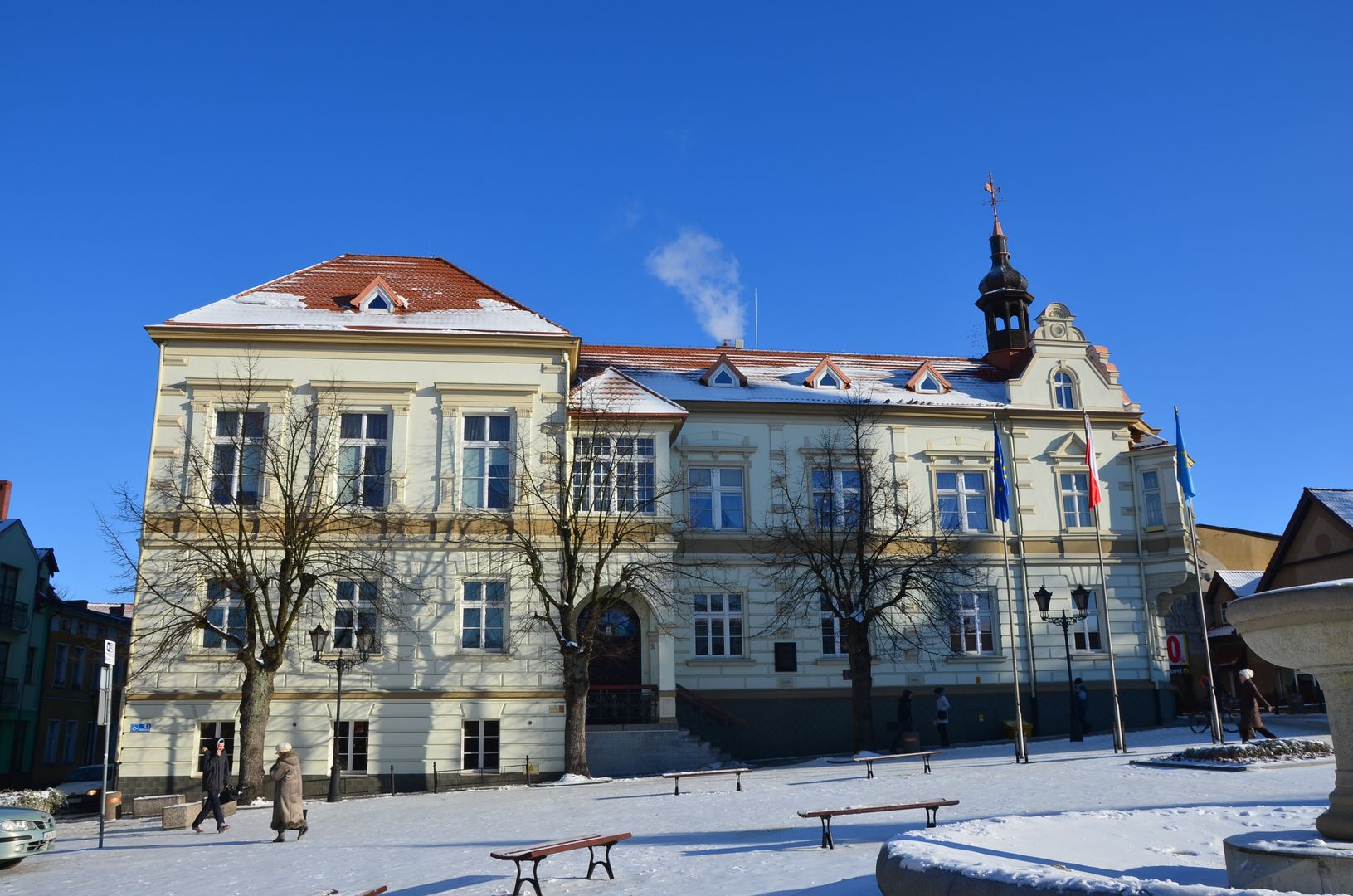Wałcz
7.04

Overview
Wałcz, historically known as Deutsch Krone, is a town in northwestern Poland, in the West Pomeranian Voivodeship, with a population of approximately 24,000 residents. Founded in 1303, it achieved royal town status in 1368. The town is situated on the Wałcz Lakeland, surrounded by Lake Raduń and Lake Zamkowe, which fosters the development of tourism and recreation. Historically tied to both Pomerania and Greater Poland, Wałcz has been the site of pivotal events, including destruction caused by fires and wars, such as the Teutonic Knights' invasion in the 14th century.
Architecturally, Wałcz stands out for its Neo-Gothic buildings, including the town hall from 1890 and churches such as St. Nicholas and St. Anthony. Other notable landmarks include a 17th-century Jesuit school (Ateny Wałeckie), which played a key role in regional education. Among its natural monuments are avenues of linden trees and the Generations' Oak. Wałcz is also known for its vibrant cultural life, with museums like the Museum of the Wałcz Land and the Museum of the Pomeranian Wall, which convey the region's history.
Wałcz played a significant role during the era of the Polish–Lithuanian Commonwealth and the Partitions of Poland, becoming part of Prussia in the 18th century. After World War II, the town experienced substantial migration as new settlers arrived from various regions of Poland, significantly altering its demographics. Wałcz also gained status as an urban municipality, and by 2008, it was home to 3,695 economic entities. The town developed further thanks to railway connections that improved transportation to other regions.
An interesting fact about Wałcz is its popular Olympic Training Center and the "Wałecka Pętla Kajakowa" (Wałcz Kayaking Loop), which offers opportunities for hiking and water activities. The local community engages in various forms of sports and culture, with numerous sports clubs and events, including a national scrabble tournament that attracts participants from across the country. With exceptional nature, including forest reserves rich in biodiversity, Wałcz is a place that blends history with modernity and continues to evolve.
Location
Country
2026 Wizytor | All Rights Reserved